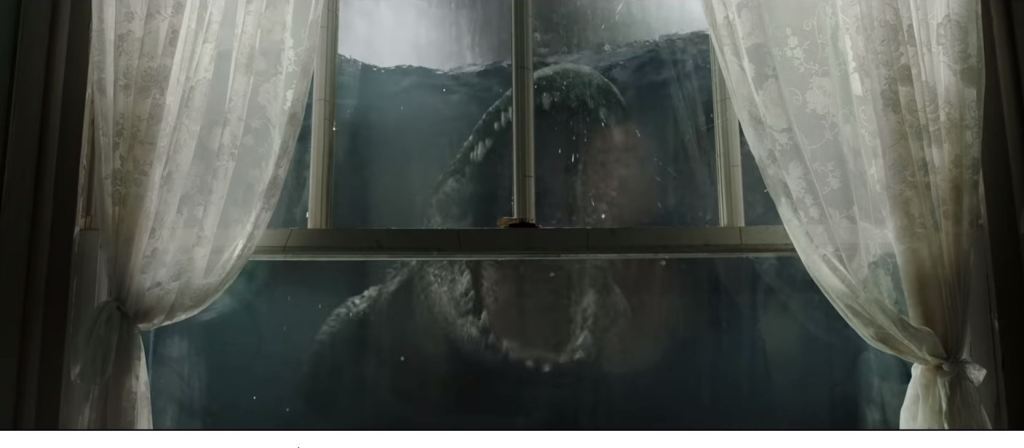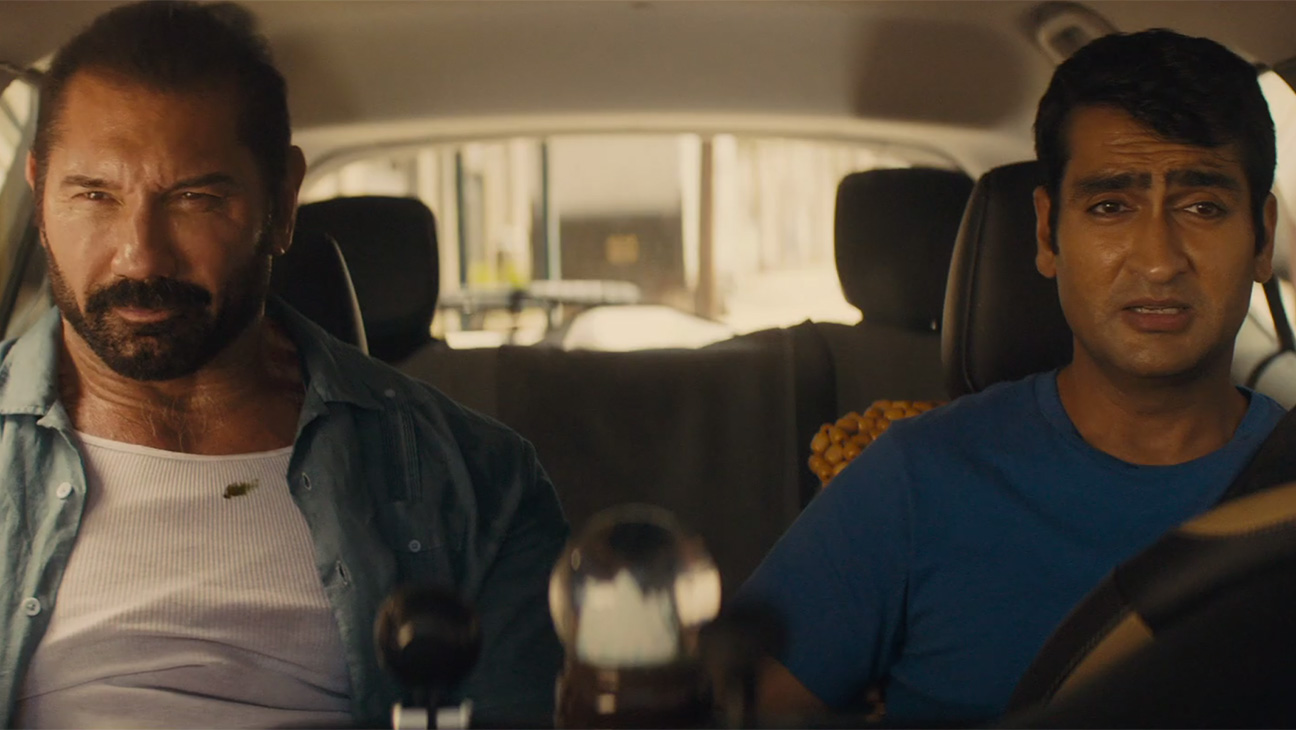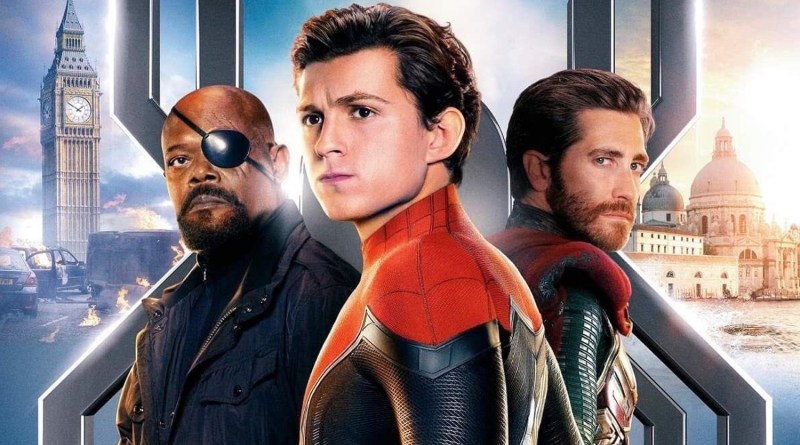Crawl
by George Wolf
Just when you thought it was safe to explore your Florida crawlspaces during a Category 5, here comes Crawl to remind us that while Sharknadoes put tongues in cheeks, Gatorcanes are looking to remove the whole head.
Haley Keller (Kaya Scodelario) is a University of Florida swimmer (a Gator!), which comes in pretty handy when she ignores evacuation orders to look for the father that always challenged her to do better in the pool.
Dave Keller (Barry Pepper) is lying injured in a soggy basement, and even before Haley finds him, she finds that they are not alone.
Director Alexandre Aja (High Tension, Piranha 3D, The Hills Have Eyes remake) utilizes the confines of the flooding house to fine effect. Walls, pipes and tight corners create natural barriers between gator and bait, but as the water level keeps rising, Aja finds plenty of room for simmering tension and effective jump scares.
Plus plenty of bloodletting. Oh, yes, people do get eaten.
This survival tale doesn’t worry too much about suspending disbelief. It just keeps the water rising, the obstacles mounting (Haley’s “You gotta be fucking kidding me” speaks for all of us) and the visual effects nimble and nifty.
Writers Michael and Shawn Rasmussen get a bit too enamored with the father/daughter estrangements and swim team parlance (“You’re faster than they are! Swim!”), but Scodelario provides a capable anchor, giving Haley authentic layers of toughness and grit.
Aja and the effects team do the rest, enough to make Crawl an often entertaining creature and bloody fun summer feature.














